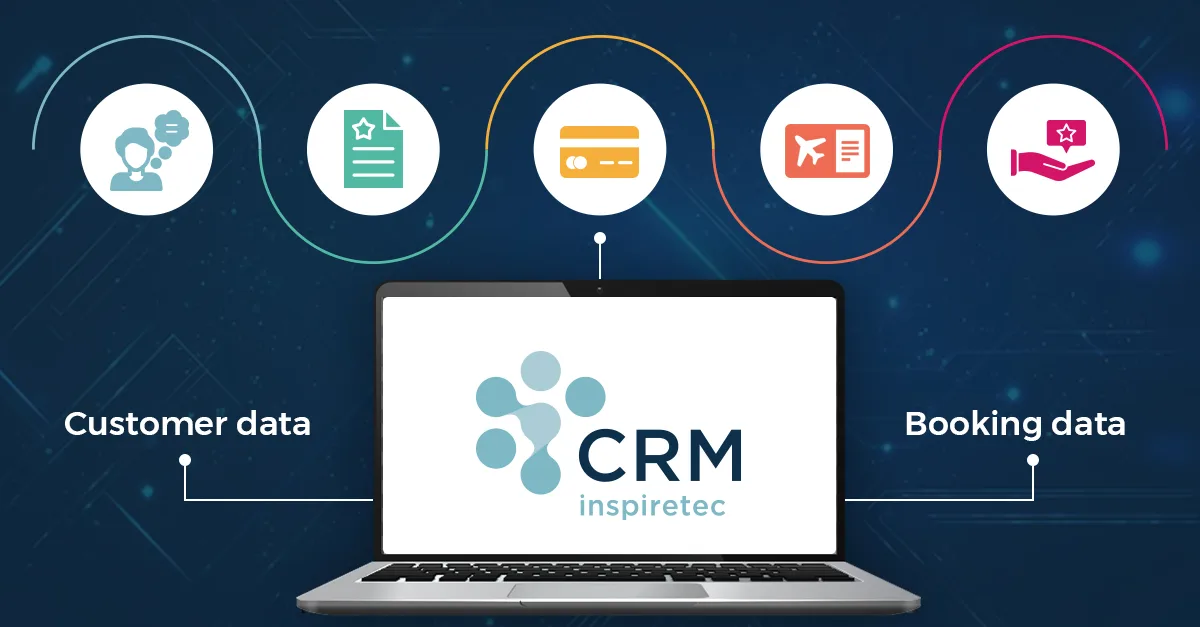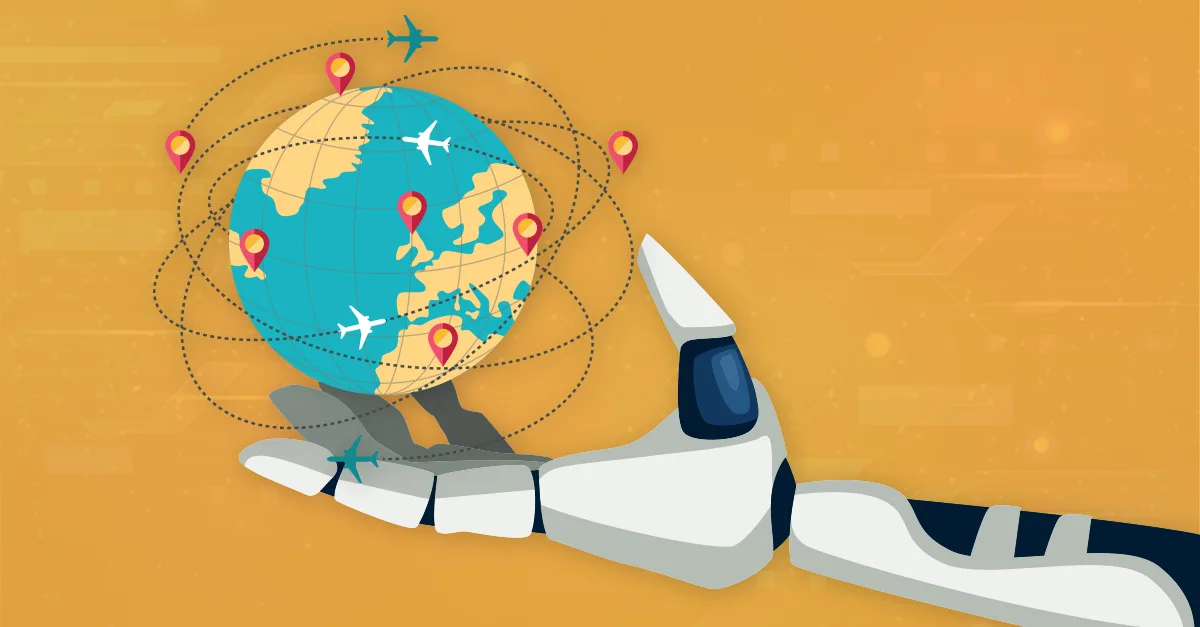In the ever-evolving world of technology, the buzz around tech and the excitement over artificial intelligence (AI) is palpable. The launch of ChatGPT, the latest AI-powered innovation, has ignited the imagination of many and sparked the creation of numerous products and partnerships across industries. The travel sector has not remained untouched by this technological revolution. As travel companies strive to stay ahead in the competitive landscape, they find themselves immersed in the frenzy to innovate and offer cutting-edge solutions. However, in this pursuit of progress, there is a risk of losing sight of what truly matters – the traveller.
At its core, travel is an industry built on providing a service to people seeking memorable experiences and adventures. It is not merely about reaching a destination; it encompasses the entire journey from planning to booking and, ultimately, experiencing the joy of exploration. Therefore, any technological advancements in the travel sector should be anchored in improving the traveller’s experience. AI should be used as a tool to support service rather than replace it entirely.
The potential of technology to revolutionise the travel industry is undeniable. AI can automate routine tasks, provide personalised recommendations, enhance customer service, and even predict potential travel disruptions. These capabilities can significantly streamline the travel experience, making it more efficient and enjoyable for travellers. However, we must tread carefully to strike a balance between the convenience offered by technology and the essence of human-centric service that defines the travel industry.
Embracing AI to enhance the traveller’s journey starts with acknowledging that the goal is not to delegate all aspects of travel to machines but to empower travellers and travel companies alike. By leveraging AI to augment human efforts, we can create a seamless and personalised experience, catering to the unique needs and preferences of each traveller.
One of the key areas where AI can shine as a service supporter is in travel planning. AI-driven platforms can analyse vast amounts of data to offer travellers tailored recommendations based on their interests, budget, and previous travel history. This kind of intelligent assistance not only simplifies the planning process but also encourages travellers to explore new destinations they might have overlooked otherwise.
Moreover, AI-powered chatbots can play a significant role in improving customer service and addressing travellers’ concerns in real time. These chatbots can handle routine inquiries, leaving travel agents with more time to focus on providing exceptional support to travellers facing complex issues or seeking personalised advice.
Another aspect where AI can elevate the travel experience is in predictive analytics. By analysing historical data and real-time information, AI algorithms can anticipate potential travel disruptions such as flight delays, weather changes, or overcrowded tourist attractions. Armed with this foresight, travellers can make informed decisions, minimising stress and maximising their overall satisfaction with the journey.
However, as AI takes on these supportive roles, it’s crucial to ensure transparency and avoid over-reliance on AI. Travel companies should maintain open communication with travellers, making it clear when AI is being used and what aspects of the travel experience it influences. Striking a balance between the human touch and AI-driven convenience is essential to prevent travellers from feeling disconnected or alienated.
The path to progress in the travel industry lies in harnessing the potential of AI while keeping the traveller’s experience at the heart of every innovation. As we embrace technology, we must remember that travel is fundamentally a service industry. AI should serve as a valuable tool to support and enhance human service, not a means to replace it. By prioritising the traveller’s needs and preferences, travel companies can create a future where technology and service work hand-in-hand to deliver unparalleled experiences and memories that last a lifetime.
AUTHOR
Jon Pickles
CHIEF REVENUE OFFICER

Don’t forget to share this post!
MADE FOR YOU


